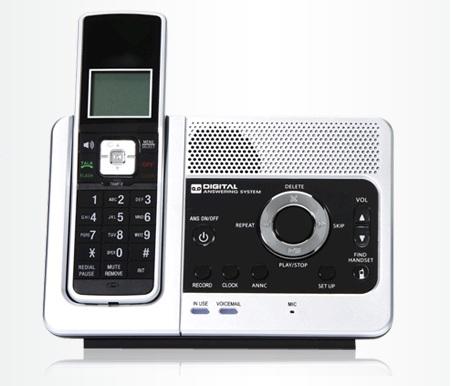
There was a point where cell phones had never been heard of, and if you wanted to talk to somebody they had to pick up because answering machines hadn’t been invented yet. But as time moved along and technology kept moving right along with it, ideas such as the answering machine and the cordless phone came out. Following some time after came the cell phone, the phone that meant you could be just about anywhere in the world and could still answer when it rings. Now that we have access to this technology, are we trying too hard to keep landlines modern?
I’m not saying we should completely obliterate them, because landlines are still useful in a few ways that cell phones aren’t. For example, one particularly stormy night a couple of years ago, I was playing on my laptop and my phone was nearly dead. Ignoring the weather for the most part, I left my laptop plugged in but ignored my phone doing that beep beep thing it did whenever it needed recharging. Then the power went out and the tornado sirens went off. Now, my phone wasn’t all the way dead at this point but BlackBerrys had this really cool feature where if it didn’t have enough battery it would stay on, but would tell you that the radio has been shut off so you couldn’t make any phone calls.
Landlines, however, still work most of the time even when the power goes out (unless you had a telephone line knocked out) so in situations like that it might have been nice to have one. Granted, I’ve learned my lesson and now any time the weather even predicts a sprinkle you can bet your bottom dollar my phone is going to stay plugged into the charger until it’s sunny outside. When I look back, though, that night would have been a lot easier if I had just had a landline to call people with so they would know we were okay.
The main reason I didn’t have a landline wasn’t because I didn’t want the hassle of two phones, but because the landline packages were so expensive for what you were getting. If you compare a landline bill to a cell phone bill, yes the cell phone bill will probably be more expensive but it has all the features and offers a lot more when comparing to some landline plans. Some of the plans didn’t even come with nationwide long distance, which I found a little surprising given what kind of plans we can offer with cell phones today. I just couldn’t find a way to tell myself that paying thirty something bucks for something that didn’t include long distance wasn’t worth it in the end, as I have several people I call outside of my own metro.
Sprint did come out with a “home phone” service, the Phone Connect, about a year ago. The phone connect basically runs off a black box that you just plug in to the wall and it picks up cell phone signals and works that way. It’s basically a cell phone that’s being locked in your house. They were trying to make home phone service cheaper, and although the price was good and the services were decent, the device itself needs a lot of work before it could actually be considered a reliable home phone device in my opinion. I remember seeing commercials from Verizon advertising something similar to Sprint’s, but I think the only wireless company offering traditional landlines is AT&T.
I’m surprised that with such a decline in demand for landlines that the plans are still as expensive as they are. The only people I know with landlines are older folks who aren’t ready to give up the phone number they’ve known and had for years, despite the fact that 9/10 times the calls are telemarketers and politicians. Now that other companies are trying to benefit from the people who are leaving due to high costs for little service, all they really need to do is come up with a reliable device. The only thing that needs to be fixed with traditional landlines are the prices and/or the features. We just need to simplify them, not make them more complicated.